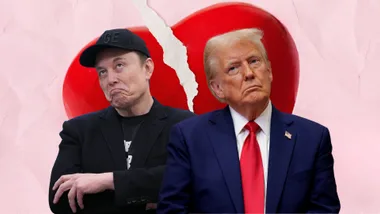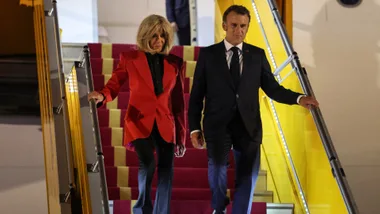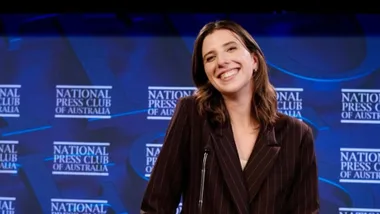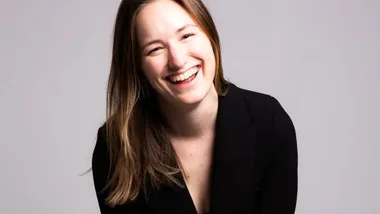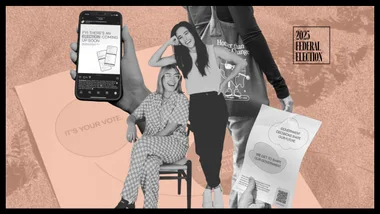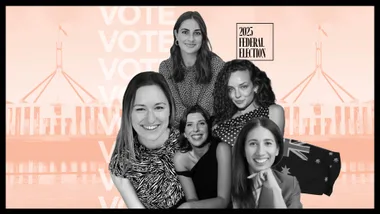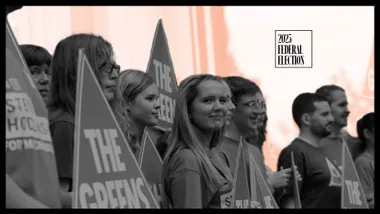It’s almost embarrassing to have to explain why diversity matters in 2013. Or why so many of us were alarmed to find that our federal cabinet is filled with men who are all the same. Or disappointed that our wonderfully diverse culture is represented by a clutch of white, middle-aged, middle-class men. Must we spell it out?
When Prime Minister Tony Abbott unveiled his new cabinet in September, it was hard to know what to be insulted by most. Was it the fact it contains more old boys from Sydney’s Riverview school than women? Or that there are more females in the Afghanistan cabinet?
In a tweet, journalist George Megalogenis spelt it out most clearly: Australian women form 80 per cent of Tony Abbott’s household, hold 53.3 per cent of all professional jobs, are 35.1 per cent of all managers, but make up only 5.3 per cent of federal cabinet. The hashtag? #boysclub.
And yet, while the lack of women was made glaringly obvious by the fact we’d just had our first female prime minister, the lack of diversity went broader: no mothers, no Aboriginal cabinet members, none who identify as having Asian ancestry. Nor were there any gay or lesbian representatives at the table. One in 10 of our population has Asian ancestry and roughly the same identify as LGBTI (lesbian, gay, bisexual, transgender and intersex).
The claim that a cabinet can be comprised of white men aged around 50 simply because of “merit” is nonsense. Do we really believe all the cleverest people in the land just happen to look the same and have penises? It would be a remarkable coincidence.
Julie McKay, executive director of the Australian National Committee for UN Women, remarks: “Merit by its very nature is subjective. It is a combination of experience and a subjective judgement of potential. If we accept that, we accept that relying on merit to overcome systemic gender inequality is fundamentally flawed.”
“Merit by its very nature is subjective.”
Julie McKay, Australian National Committee for UN Women
The problem is that political parties mouth commitment to diversity, but don’t do enough to encourage it. They aren’t doing enough to identify, mentor and fast track a broader range of candidates into safe seats, or any seats.
And diversity matters. The research shows it’s not just fair, it’s smart. Studies in Europe, China, the UK and the US have shown that companies with more female board directors perform better financially, are more profitable and less volatile.
Federal sex discrimination commissioner Elizabeth Broderick argues that diversity is important “because when you bring together a group of people who have different life experiences, a group of people who think differently, you get a better, more robust outcome”. Without it, you get “groupthink”.
“To encourage diversity you need to draw from a wide pool and see difference as a strength rather than a weakness,” observes Broderick. “On occasion, to increase diversity will require a systemic intervention such as the setting of a target. This is now well recognised in the business arena.”
Nareen Young, CEO of Diversity Council Australia, agrees: “Every piece of academic, business and community research says diverse groups make better decisions. At the moment, we’re still talking largely just about gender diversity, and our cabinet far from reaches any community standard as to what that looks like.” Today, the cabinet looks, she asserts, “just plain weird”.
Diversity requires work. It also requires commitment, and it’s up to us to tell our parliamentarians and political parties that it matters, and that in 2013, anything less just isn’t good enough.
Julia Baird is an author, columnist and presenter of The Drum on ABC News 24.


